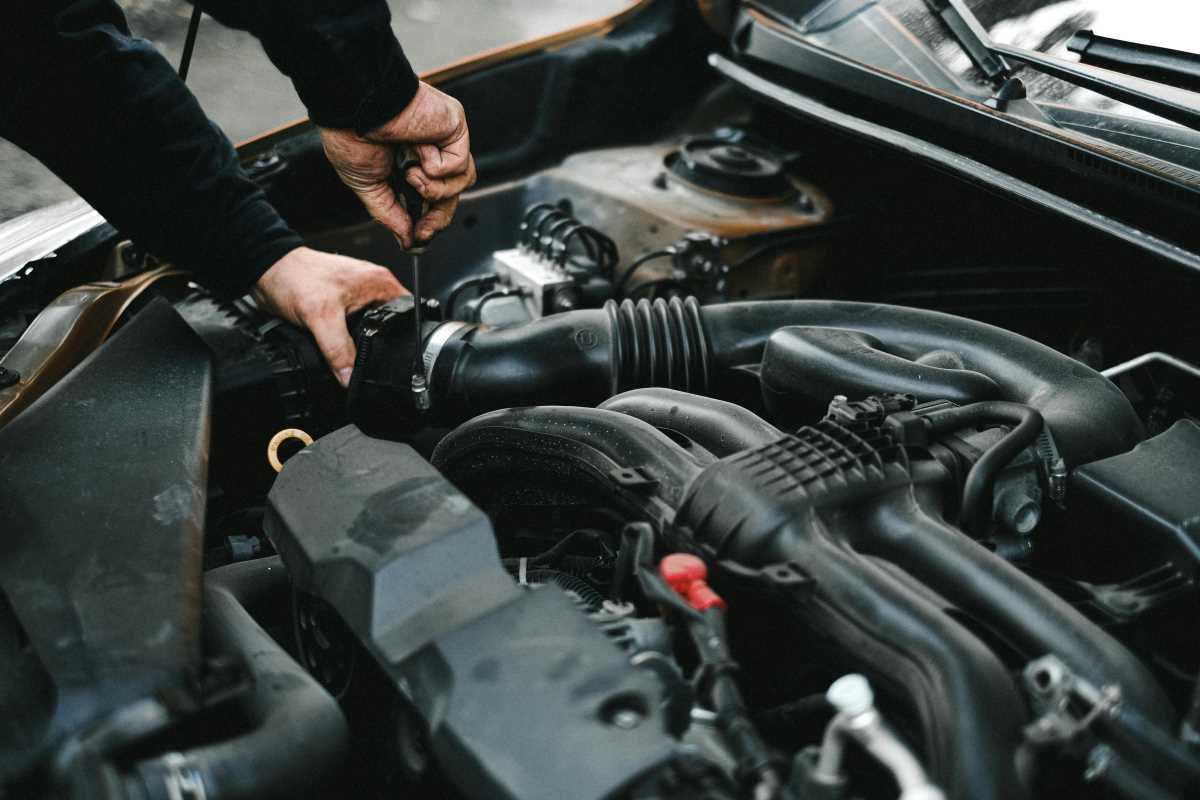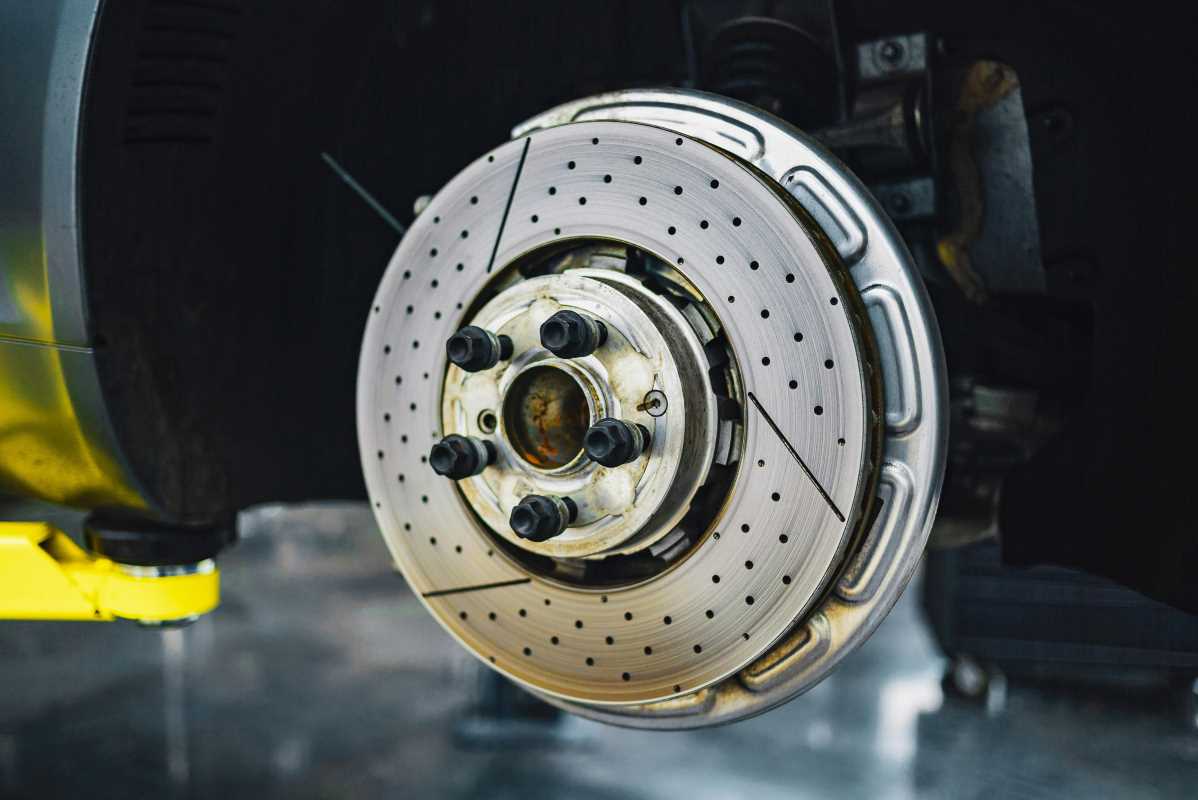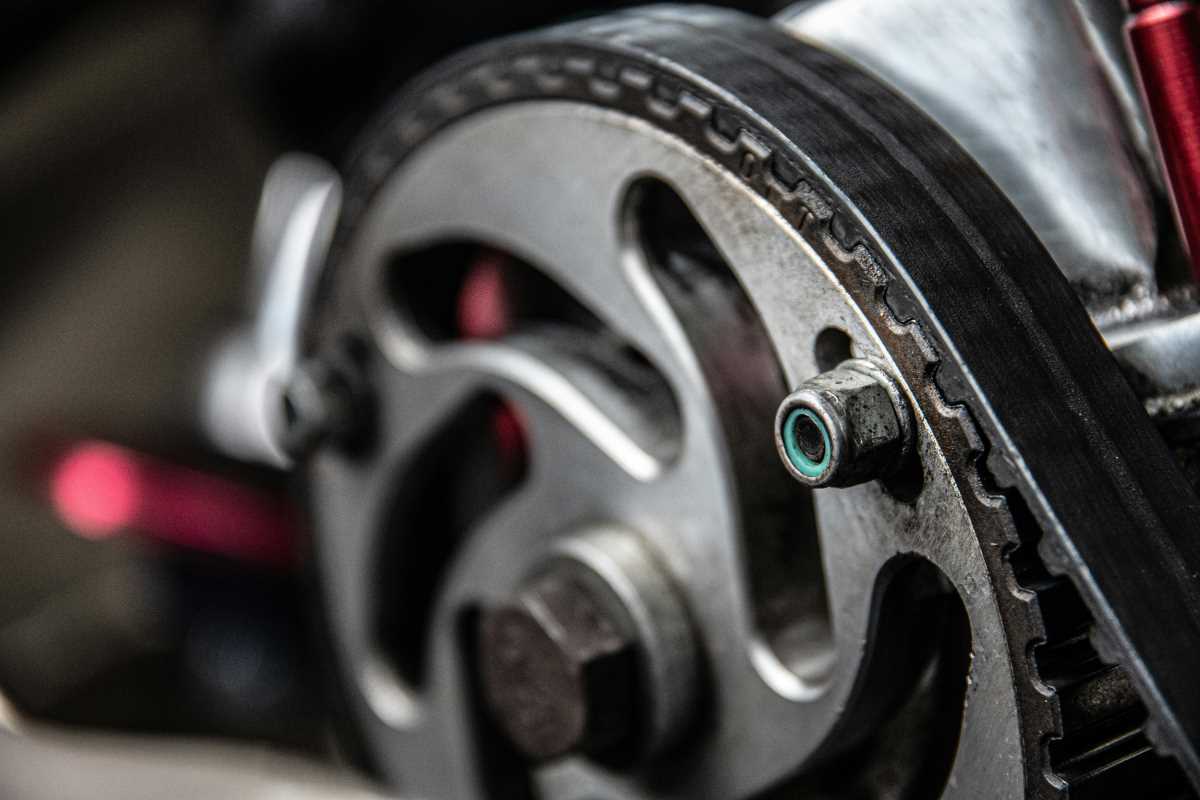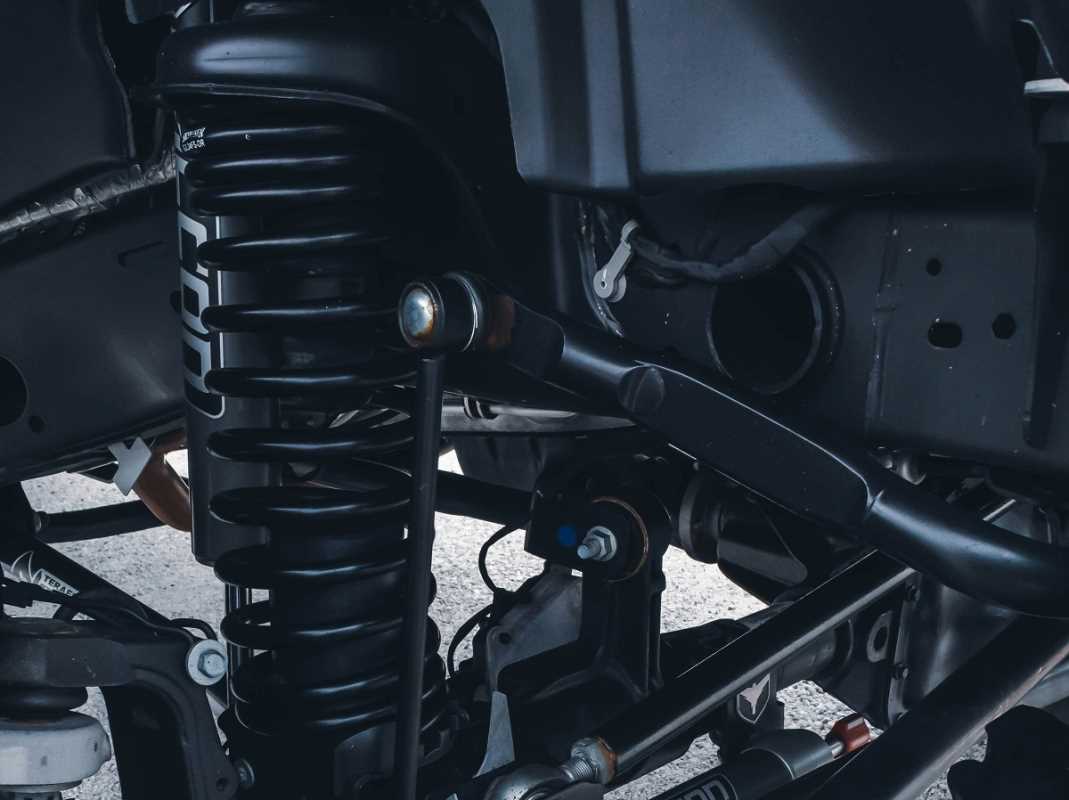Car repairs can be stressful, especially if you’re not familiar with the intricacies of automotive work. To ensure you’re getting fair pricing and high-quality service, it’s vital to ask the right questions. Not only does this help you understand the scope of the repairs, but it also builds trust between you and your mechanic. Below are key questions to ask your mechanic to make sure you’re being treated fairly.
Can You Provide a Detailed Estimate?
A repair estimate is your roadmap to understanding exactly what you’re paying for and why.
- Why it’s important: Detailed estimates list the repairs needed, the cost of parts, labor charges, and any additional fees. They help you spot inflated prices or unnecessary services.
- What to look for: Make sure the estimate lists individual components, their costs, and the estimated hours of labor. Parts should be itemized to show you’re not being overcharged.
- Follow-up questions:
- “Does this include all possible costs, or could there be additional charges?”
- “Can you explain this line item in more detail?”
Request the estimate in writing and compare it to quotes from at least two other repair shops to ensure competitive pricing.
Are the Parts New, Refurbished, or Aftermarket?
Understanding the type of parts going into your car can make a big difference in price and quality.
- Why it’s important: New original equipment manufacturer (OEM) parts are more expensive but may last longer, while refurbished or aftermarket parts often lower the repair cost but may vary in quality.
- What to look for:
- Clarity on whether the parts are OEM, refurbished, or aftermarket.
- Details about the warranty for each type of part.
- Follow-up questions:
- “Do you recommend OEM parts for this specific repair?”
- “What’s the expected lifespan of the part you’re using?”
Reminder: An honest mechanic will explain the pros and cons so you can make an informed decision based on your budget and the car’s age.
What’s Your Warranty Policy?
A good warranty policy protects your investment and minimizes repeat expenses.
- Why it’s important: A warranty ensures the work and parts are backed by the shop, showing their confidence in the repairs.
- What to look for:
- The length of the warranty (e.g., 12 months/12,000 miles).
- Whether the warranty covers parts, labor, or both.
- Exclusions or conditions that may void the warranty.
- Follow-up questions:
- “Is this warranty standard for all repairs, or does it vary by service?”
- “Will I need to come back to this shop for warranty service, or is it valid at other locations?”
Always get the warranty details in writing along with your invoice.
Can You Explain the Repairs in Simple Terms?
Understanding what’s being done to your car builds your confidence in the service and helps you gauge whether the repair is necessary.
- Why it’s important:
- A mechanic who can clearly explain repairs demonstrates transparency and expertise. Complex jargon can signal that they’re evading details.
- What to look for:
- A clear and straightforward explanation of the issue.
- Visual aids or demonstrations (e.g., showing the worn-out part).
- Follow-up questions:
- “What happens if I don’t make this repair right away?”
- “Is this a common issue for my make and model?”
Reminder: If the mechanic gets impatient or defensive when you ask questions, it could be a red flag.
What’s the Total Timeframe for the Repairs?
Knowing how long the repairs will take allows you to plan accordingly and identifies whether delays might be a sign of trouble.
- Why it’s important: A clear timeline sets expectations and helps you avoid being left without your car longer than necessary.
- What to look for:
- A realistic timeframe based on the service.
- Willingness to provide updates if the schedule changes.
- Follow-up questions:
- “What might cause delays?”
- “Can I get a progress update during the repair?”
Ask whether rental or loaner cars are available if the repair will take more than a day.
Are There Cheaper Alternatives?
Not all issues require the most expensive fix. Asking about alternatives can save you money without compromising safety.
- Why it’s important: Some problems can be resolved temporarily or with lower-cost parts to accommodate your budget.
- What to look for:
- Transparent explanations of cheaper options versus premium choices.
- Warnings about risks or trade-offs with budget solutions.
- Follow-up questions:
- “Will this repair last long enough to be worth the savings?”
- “Are these alternatives covered under warranty?”
Reminder: Avoid shops that push you toward expensive solutions without explaining why.
Do You Have Certifications or Accreditations?
Certifications can indicate the mechanic has the training and experience to work on your car type.
- Why it’s important: Accredited shops, such as those with ASE (Automotive Service Excellence) certifications, are more likely to provide high-quality repairs.
- What to look for:
- Visible certifications displayed in the shop.
- Experience with your specific make and model.
- Follow-up questions:
- “Do you specialize in any particular brands or systems?”
- “How often do your mechanics undergo training?”
Pro Tip: Certified mechanics are often more consistent in their work and follow industry standards.
Are You Using Diagnostic Tools?
Modern vehicles often require advanced tools to accurately diagnose problems.
- Why it’s important: Proper diagnostics reduce the chances of unnecessary repairs and pinpoint the root cause faster.
- What to look for:
- Use of advanced diagnostic tools like OBD-II scanners.
- Willingness to show you the diagnostic results.
- Follow-up questions:
- “Can you explain the fault codes in simple terms?”
- “Are there multiple possible causes for this issue?”
Reminder: A mechanic who skips diagnostics and makes guesses may not deliver the best results.
Will You Save the Old Parts for Me?
Requesting your old parts ensures transparency and helps you verify that the repairs were genuinely necessary.
- Why it’s important: Some dishonest mechanics might charge you for services or parts that weren’t replaced. Keeping the old parts eliminates any doubt.
- What to look for:
- A willingness to return or show the old parts after repairs.
- Explanation of what caused the part to fail.
- Follow-up questions:
- “Can you show me the worn or damaged areas?”
- “Is this part covered under any recalls?”
If the mechanic refuses to provide old parts, it might be a red flag.
Do You Have Reviews or References?
Reputation speaks volumes about a shop’s reliability and fairness.
- Why it’s important: Customer feedback gives you insight into the experiences of others and helps you decide if the mechanic is trustworthy.
- What to look for:
- Positive reviews that emphasize honesty, fair pricing, and quality work.
- Few complaints about upselling or hidden charges.
- Follow-up questions:
- “Do you have long-term customers who keep coming back?”
- “Can I check your reviews on platforms like Google or Yelp?”
Take the time to read reviews before visiting a new shop. Regular customers who praise a mechanic’s honesty are a good sign.







